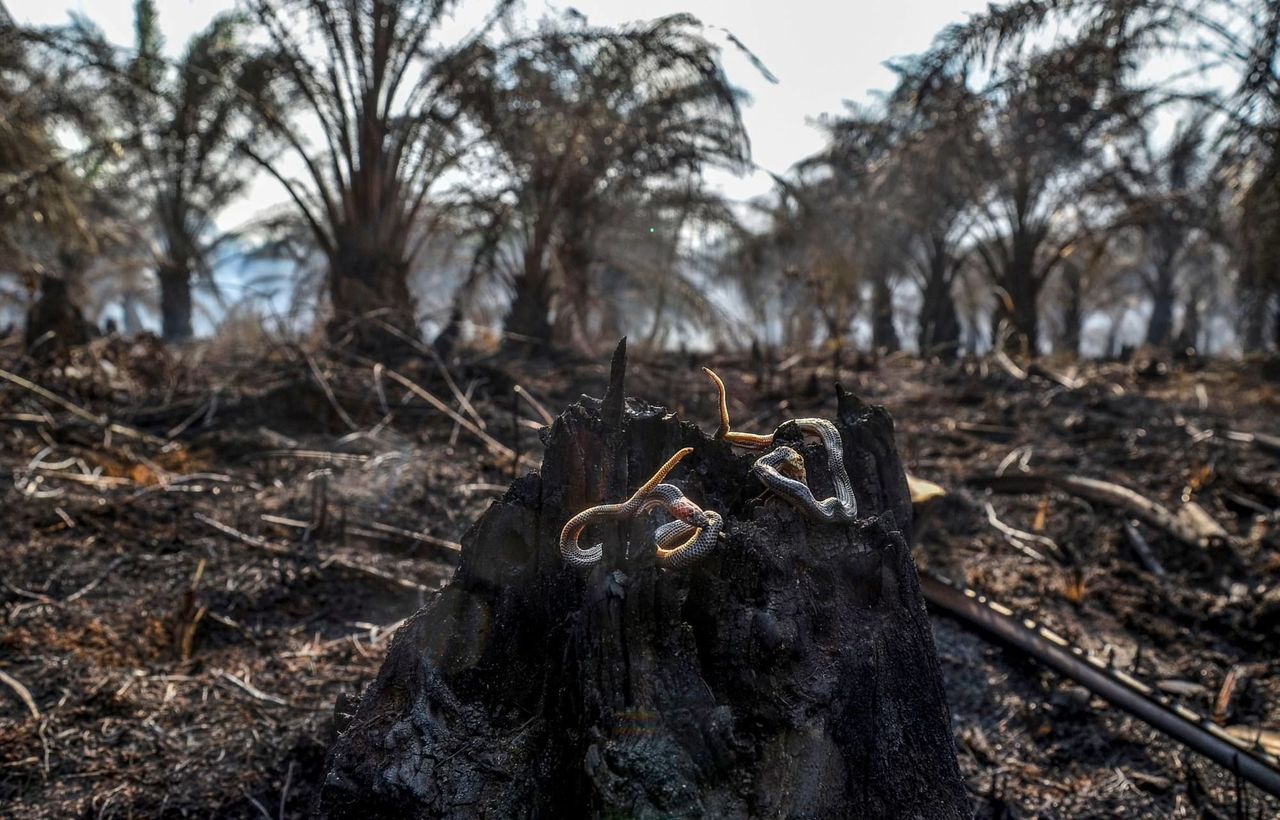Hong Kong News

Pressure is on for Asian businesses to protect natural resources
Many scientists believe we are in the middle of a mass extinction event – only the sixth in earth’s geological history. Around 1 million species worldwide are expected to die out unless we can reduce the pressure we are putting on nature.
Asia is ground zero for efforts to stop the extinction crisis. Southeast Asia alone has around one-fifth of all plant and animal species, while China is one of the world’s largest markets for wildlife products.
Directly and indirectly, the effects of our economic activity – from pollution to land-use change to climate change – are responsible for the threats to about 80 per cent of at-risk species. But our economy relies on nature too, with more than half of global GDP coming from sectors that are moderately or highly dependent on natural resources.
As a result, there is a growing consensus that businesses urgently need to take stock of the effects of their operations on nature and biodiversity. At the COP15 biodiversity summit in December, almost 200 countries agreed on a plan to reverse nature loss by protecting at least 30 per cent of land and water ecosystems by 2030. The agreement has been described as a “Paris moment” for biodiversity.
Momentum is growing among financial regulators, as well. The Network for Greening the Financial System, an association of with members from some 95 central banks, has concluded that biodiversity loss presents a risk to financial stability, and proposed that biodiversity-related recommendations be incorporated into monetary policy.
Given the accelerating pace of nature and biodiversity loss, reversing that trend will take serious and concerted action from stakeholders in all sectors. Businesses should start preparing for a world where impact on biodiversity will be scrutinised as closely as corporate emissions are today.
 Baby snakes killed in a forest fire at a palm oil plantation in Pekanbaru, Indonesia, on September 4, 2019.
Baby snakes killed in a forest fire at a palm oil plantation in Pekanbaru, Indonesia, on September 4, 2019.The Taskforce on Nature-Related Financial Disclosures, an initiative of the G20’s Financial Stability Board, is preparing draft guidance on how companies should report on their nature and biodiversity impact. Companies can review the framework and weigh in before the taskforce’s final recommendation is released in September 2023.
Manufacturers can prepare for assessing their environmental impact and dependency by making sure they have visibility across their full value chains, from raw materials suppliers down to the consumer. This will help to inform metrics like water and soil health and invasive species. For businesses wondering where to start, Eurasia Group’s recent report on addressing nature loss in Asia has a list of tools and metrics businesses can use.
Investors should begin engaging with their portfolio companies on the issue, and preparing for the possibility that financial institutions will incorporate biodiversity into their risk management frameworks. Aviva Investors recently set out nature loss as one of its focus areas for 2023.
These steps will make clear where the gaps are and allow time to build up the relevant expertise, which many companies are finding challenging given the shortage of ESG talent in Asia.
Importantly, businesses need to make a good-faith effort to measure their impact on nature and form mitigation plans. These could range from a commitment to avoid locating operations near important biodiversity sites, to a switch to regenerative agriculture. Public and civil society groups will be quick to point out anything that has the whiff of greenwashing (think tree-planting programmes), as the backlash against ESG has already shown.
In addition to formally measuring and disclosing their impact on nature, there is much that businesses can do here in Hong Kong, where development and land reclamation are major threats to biodiversity. From providing financial support for conservation studies to developing public-private partnerships with local NGOs, it can be meaningful for local businesses to help preserve nature in their backyard.
Globally, only 17 per cent of biodiversity financing comes from private sources at the moment. Overall, global funding comes to just US$150 billion per year, out of an estimated US$700 billion per year needed by 2030. Increasing awareness about the need for more private-sector finance can help build momentum towards reaching the crucial 2030 deadline to stop nature loss.
In support of that goal, Hong Kong should incorporate a bigger focus on biodiversity in its ambition to become a sustainable finance centre, where discussions to date have mostly centred on climate change.
In late 2021, the Bank of China’s Macau branch became the first in Asia to issue biodiversity-linked bonds. A focus in this area could help to differentiate Hong Kong and the Greater Bay Area from rival hubs such as Singapore, particularly given recent moves to align EU and China taxonomies, making it easier for green bonds to be sold across borders.
China already has the world’s biggest green bond market, although transparency needs to be improved. And its rich biodiversity and the presence of multilateral funds like the Global Environment Facility present ample opportunities for developing conservation-linked financial instruments in the Greater Bay Area.
It won’t happen overnight. As elsewhere, Hong Kong financial institutions report challenges in measuring and calculating their climate risks, because of issues like a lack of data, and nature-related metrics could prove even more of a challenge. But that’s all the more reason businesses need to make biodiversity a priority today.











